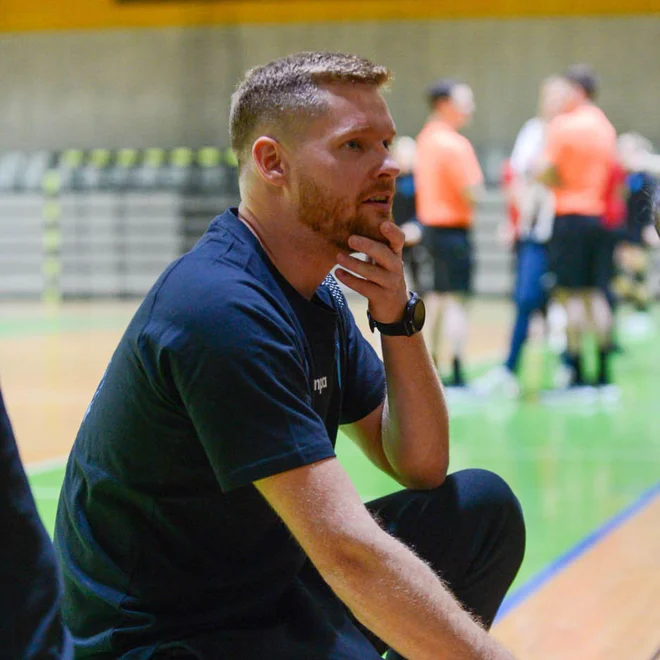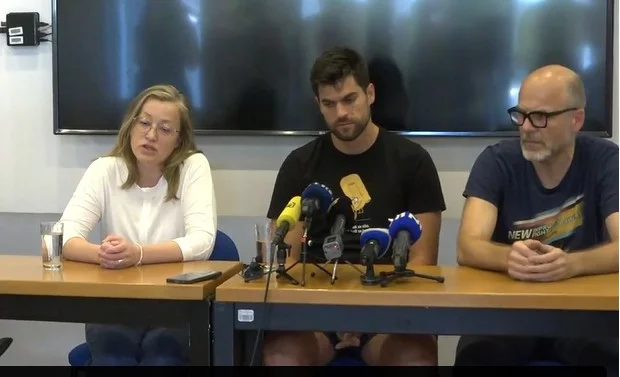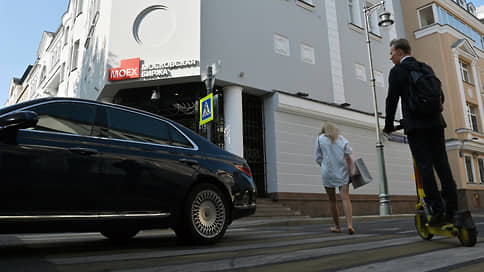Fresh wind in the field of young literature

The Public Fund for Cultural Activities (JSKD) publishes a magazine for the established authors Mentor, which has been derived since 1978 and founded Peter Christmas and Dragica Breskvar. Recently, the magazine has received a new editor. While the city of the editor -in -chief continues to occupy Barbara Rigleris Aljosho Harlamovwho has worked with the magazine since 2007, since 2009 he has been an editor for criticism and since 2014 the editor -in -chief, succeeded Selma Skenderovic.
Writer, President of the Young PEN section At the Slovenian Center PEN and a student of Slovene and comparative literature, he announces that most things will remain as they are, but nevertheless promises some conceptual changes based on her own perceptions, observations, experiences and grades.
The importance of feedback
Thus, in the magazine, the emphasis on minority literature, at least immigrant, will be emphasized, such as talks with immigrant writers and beeps, then on African, reviews by books of the author there, published by smaller publishing houses and writes, for example Aleksandra Gačićand LGBT literature, which counts with columns Suzane Tratnik. She has taken these three literature into focus because they stand out the most minority, they are emerging and visible, as well as for practical reasons, as quite a few people are regularly dealing with them. « We will see if this will be interested in people, » adds Selma Skenderovic, while pointing out that this is already in the case of Mentors concept of dealing with the peripheral.
The magazine subscribers are mostly older (long -term subscribers) and young people who are intended for the magazine. The aim of the new editor -in -chief is therefore to increase the number of subscriptions, for example, expand them to school libraries as well as bookstores. Some are already well stocked with Slovenian literary magazines, but there are none Mentor. It is true that these are other types of magazine such as for example Literature and Modernity.
In addition, Selma Skenderovic wants to expand to places, especially outside Ljubljana, as well as that those who are just encountering writing would be published in Mentor And they used the best that it offers: comment and feedback, which help them to write and grind them, and prepare them so that they also release it. Herself with the magazine first contacted right through Festival of Young Literature Urška, where she won short stories and later, in 2022, they came out in the collection Why are you silent, Hava?.
Setting and maintaining standards
At the time, the non -established but promising writer has just published the Romanesque debut And if everyone forgets At Cankar’s publishing house. In his writing, he says he deals with most of the things he deals with JSKD, such as a competition Your neighbor of your bank. She added that she wants to make critics posted in Mentor, The written writers and received comments, and also emphasizes the importance of greater engagement or activation on social networks.
“The magazine Mentor He plays an important role in the Slovene literary space, as he introduces young authors, new generations and voices, including Selma Skenderovic, who I want to lead the magazine. He has many challenges ahead; Above all, the literary magazine has to find new readers over and over, opening new topics and new forms with which it remains topical and interesting, « said longtime editor -in -chief Mentor Aljoša Harlamov, also the editor -in -chief of Cankar’s publishing house, who enjoyed the management of the editorial board as long as he was able to do it professionally and enthusiastically.
Magazine Mentor He plays an important role in the Slovenian literary space, as he introduces young authors and authors, new generations and voices.
Aljoša Harlamov
He added that this is especially true of a magazine that is « intended for mentoring, setting professional standards and monitoring wide events in culture, art and JSKD. On the other hand, he must constantly defend: already mentioned high standards in the flood of superficiality and surface, as well as cultural, half -literary forms that disappear from public space, such as travelogue, criticism of poetry, poetry and dramatic text.
Mentor Otherwise, it comes out four times a year, of which one is thematic. This year’s theme is the spaces of books; They usually present each year at three annual events. They also want to cut from the capital this year.




/s3/static.nrc.nl/wp-content/uploads/2025/06/06205808/web-0606BINspermadonatie.jpg)


